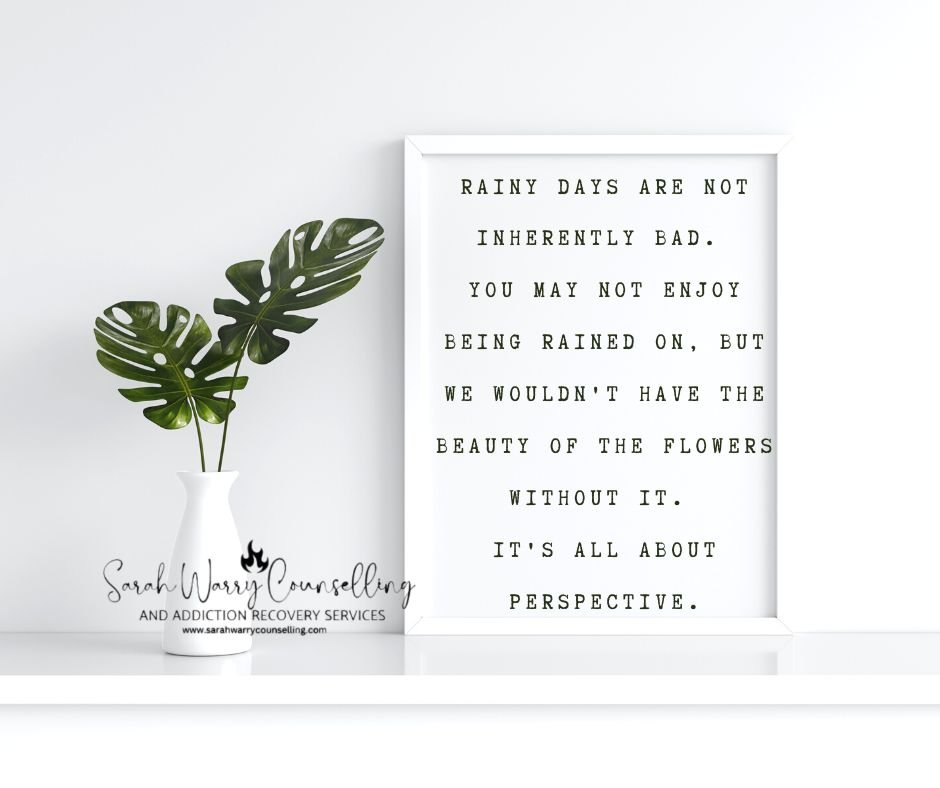What the stoics Taught us about control
"Some things are in our control and others not. Things in our control are opinion, pursuit, desire, aversion, and, in a word, whatever are our own actions. Things not in our control are body, property, reputation, command, and, in one word, whatever are not our actions.''
-Epictetus, Enchiridion and Selections from the Discourses
It is a well-known fact that stress is a major contributor to whether someone is at high risk to develop an addiction, and experience relapse while in recovery. While many people may believe that stress is not within their control, by learning about control itself, one can actually reduce the amount of stress they experience.
The Dichotomy of Control is a philosophical practice developed by the Stoics to help identify the things in life that are within our control, and not within our control. By learning to identify and respond depending on which category a situation falls under, we can reduce our stress and worry, and ultimately begin living happier, less stressful lives. While some may say "this sounds difficult", or " no way", let's look at the way this works.
There are two choices to categorize your situation into: within your control and not within your control. Ultimately the only things within your control to the Stoics are your beliefs, your values, your perspective, and your actions. Everything else is outside of your control whether you like it or not.
Fast forward to modern times and we see the implementation of a third option. In his book " A guide to the good life", William B. Irvine adds a third and somewhat controversial third category. Enter now option three" “things over which we have some, but not complete control”. So what exactly does that mean? Well, let's use the example of rain. While you cannot control the rain, you do control whether you choose to yell and curse and ruin your day by being in a bad mood. Now, by using the third category, you can exercise some control over the negative effects of the situation and mitigate some of the negative emotions the rain brings to your day. For instance, you can use an umbrella, you can leave early for work to avoid being late due to slow traffic ( traffic is also not in your control, total rager, I know), and you can choose to use breathing exercises and mindfulness if you feel yourself becoming upset. You can also choose to find the positives, like telling yourself why rain is needed and things you enjoy (ex flowers need rain to grow). This alone can change your perspective and overall mood.
The reason I mentioned this third category is controversial is that in some stoic circles, it's seen as putting the focus on a wanted outcome and not necessarily the situation itself. In any event, if it works, go with it. We can choose to be happy or not, that's in your control, do with it what you shall.
By learning to use this daily, you can hopefully start seeing some of the stress in your life go down, and lessen the urge to use substances or behaviours (shopping, excessive internet use) to help relieve the negative feelings and desire to escape life. This also helps you free up your time and mental efforts so they can be put towards things you enjoy and that are in your control. So, will you choose to let go of control and lessen stress so you can bring more enjoyment to your life?
Words of wisdom from our friend Epictetus- "There is only one way to happiness and that is to cease worrying about things which are beyond the power or our will."
